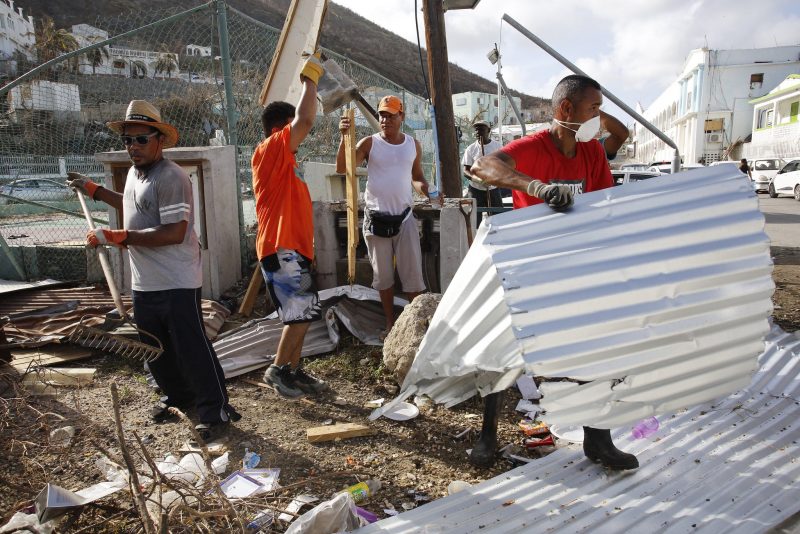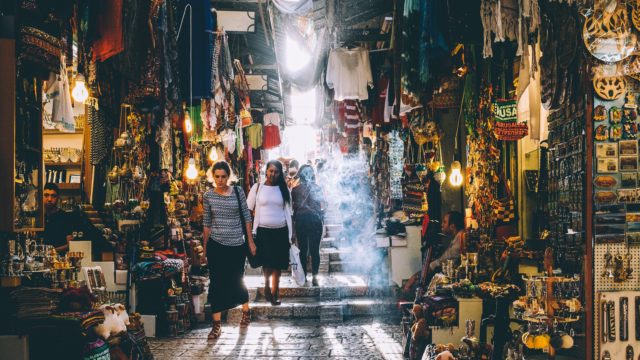2021: A turning point for the global economy
2020 was a year of lockdowns and unrest. But it also sowed the seeds for some dramatic change. Is a green recovery around the corner?

2021 is set to be a big year on so many fronts. It is a big year for our health and wellbeing as every nation tries to combat COVID-19; it is a big year for our economies, as job losses and rising poverty threatens to undermine so much of economic development in the last forty years; and it is a big year for nature, with make-or-break global summits on biodiversity in May and climate change in November.
If governments can strengthen their net zero commitments and resolve to put biodiversity on the international agenda, we have a chance to bring emissions to levels consistent with a 2°C future, and a chance to reverse the ongoing mass extinction of species. Whichever way you look at it, 2021 matters.
“ Whichever way you look at it, 2021 matters.”
The good news is that there are stories of a green recovery the world over: Pakistan has hired tens of thousands people who lost their jobs during COVID-19 lockdowns to plant trees; about one-third of France’s €100 billion (US$ 120 billion) recovery package is devoted to accelerating the greening of the economy; New Zealand has earmarked NZ$ 1.1 billion (US$ 750 million) in recovery funds to create up to 11,000 green jobs in areas like wetland restoration; China has committed to ambitious decarbonisation and the new US administration has vowed to make climate a priority.
Getting back to nature
But to achieve a true, lasting and rapid green recovery, the world needs more than a sprinkling of green stimulus spending. Deep structural reforms to the way our economies operate – as laid out in our Green Economy Tracker – are required in order to invest in nature, safeguard human rights, tackle inequality and achieve long-term stability.

We need to move away from our outdated, resource-hungry economic model of extraction and consumption – essentially unchanged since the Industrial Revolution – towards a 21st century approach of resilience and sustainability, working with nature rather than against it. Investing in key natural systems is estimated to generate 4:1 benefit to cost ratio over a 40 year period – not only by creating local jobs and green growth in the present, but by reducing future risks of economic damage from natural disasters, and by improving human health and wellbeing through cleaner air and a restored environment.
Putting people first
But the greener economic recovery will run aground if it is blind to the growing unrest and disillusionment on our streets. 2020 saw climate marchers streaming across cities around the world; anger and frustration that brought the Black Lives Matter movement to a head; and massive protests from poor communities in Thailand, India, Indonesia, Latin America and Nigeria struggling to survive in an economic system that has for too long catered for the wealthy.
“ 2021 is a year of unprecedented opportunity, for the planet and for our work at the Green Economy Coalition.”
Emerging from the pandemic offers a chance to start to rebuild trust between governments and people. A fair and green economic recovery would ensure that communities are able to share and influence decisions being made in their names. It would redirect investment and wealth so that key workers, informal enterprises, and local communities are properly compensated for their vital efforts. It would empower local people with rights over their own resources, energy and infrastructure. And it would put the safety and health of our shared natural world at the heart of decision-making for governments and businesses.
The success of the green recovery be judged by the poorest of the world and the health of the natural systems on which we all depend. 2021 is a year of unprecedented opportunity, for the planet and for our work at the Green Economy Coalition.
If you’d like to learn more or get involved – please do get in touch.
- Emily Benson, Director of Engagement
2021: A turning point for the global green economy?
Post to your social media profiles


